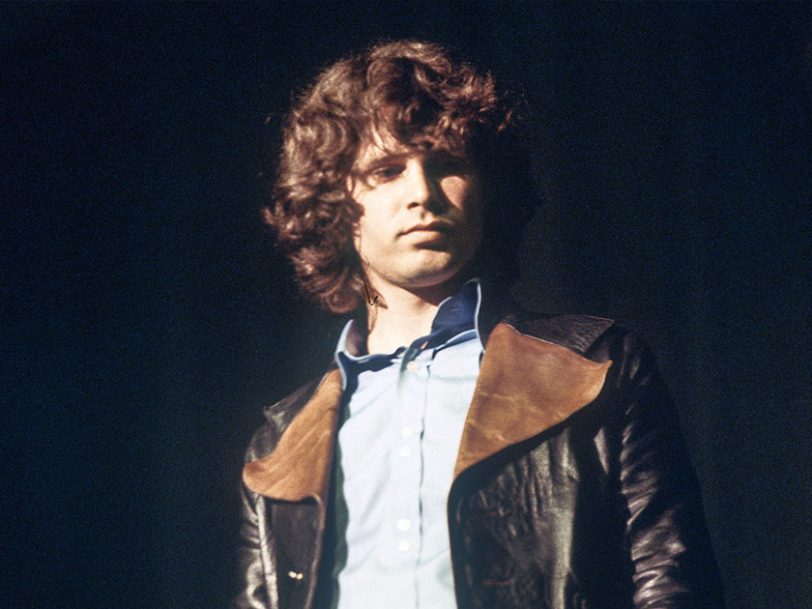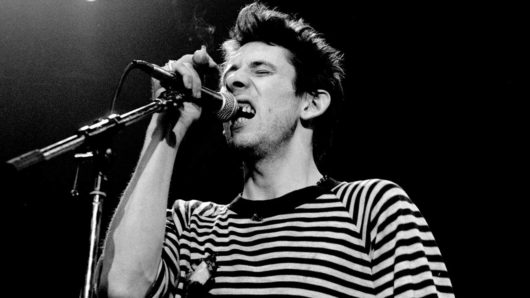A voracious reader, Jim Morrison was drawn to works by everyone from Beat Generation writers Jack Kerouac and Allen Ginsberg to such visionary poets as Arthur Rimbaud and William Blake. From high-school age onwards, he filled reams of notebooks with his own poetry, and many of the best Jim Morrison lyrics came together across these handwritten collections. As The Doors cut their own singular path through the late 60s and early 70s, Morrison was hailed as not only one of the best frontmen in rock, but also as one of those rare songwriters who are poets – a lyricist whose words worked just as well on the page as they did in an auditorium or coming from a stereo. “The words were well edited,” Doors keyboardist Ray Manzarek said of Morrison’s ability to make his poetry work within the context of a rock song. “Jim was good that way when it came to songs.”
Transcending his influences and finding his own unique voice, Morrison laid bare the dark underbelly of the counterculture like no other songwriter of the time. He may not have been responsible for writing The Doors’ signature song (guitarist Robby Krieger penned Light My Fire, with Morrison contributing the song’s second verse), but with a range that spans hallucinogenic encounters with the beyond through to cinematic depictions of society’s outcasts, the best Jim Morrison lyrics convincingly place their creator among the world’s greatest songwriters.




